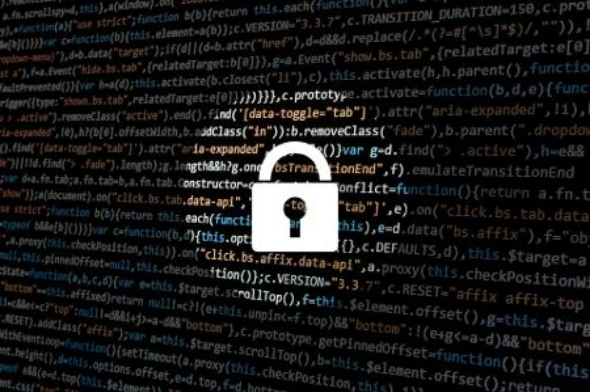Connection to DriversCloudCreate a DriversCloud.com accountReset your DriversCloud.com passwordAccount migration
Disclosure of sensitive data: what are hackers looking for?
For several years, personal information has been of particular interest to hackers, but also to many companies looking for prospects.
Faced with this phenomenon, preventing the loss of sensitive information is becoming a real necessity. In this regard, what information are the most sought after by cybercriminals and why? This article provides an update on these worrying topics.
Cybercrime, the scourge of the 21st century?
A few searches on the Internet are enough to find many articles dedicated to cybercrime, and more particularly to the theft of personal data. Should we be concerned? Every Internet user should be aware of all the risks associated with using the Internet. It is no longer uncommon to see news about data leaks or hacked accounts in the news, which reinforces the feeling of distrust towards websites.
Data that hackers are particularly interested in
Market information
Protecting your personal data is one thing. But the permanent development of e-commerce raises another issue: the use of your confidential data. Of course, the RGPD (European Data Protection Regulation) imposes a privacy policy on every company operating in Europe. However, the risks of data leakage, in case of security breaches, are possibilities to consider.
The violation of a database is an opportunity for hackers, which is why they prefer grouped actions, to maximize their misdeeds. Moreover, this phenomenon does not only affect small companies. This article published on GNT in 2021 states that a database owned by Microsoft was hacked by a group of malicious people. In other words, no matter how popular and knowledgeable a business/company is, the risks of leaks are real and cannot be overlooked.
Internal data of a company
The digitalization of services now concerns every company, whatever its field of activity. The different solutions, always more efficient, such as CRM (Customer Relationship Management), allow professionals to automate many processes, and thus to optimize results and to limit labor. Some companies simply store their employees' information (name, address, etc.) in order to centralize it and guarantee permanent access if necessary, but also banking information to simplify payments. Not surprisingly, this type of data attracts hackers.
Leakage of concepts and trade secrets
Preventing the loss of sensitive information has become a priority for professionals, especially when it comes to concept or trade secret leaks. All fields can be impacted by this type of situation which can lead to serious consequences such as
- Questionable competitive approaches (industrial espionage)
- Blackmail via ransomware
- The financial weakening of a company
Moreover, the leakage of professional data can have a snowball effect when employees are directly or indirectly linked to the data concerned by a leak. Once again, the consequences can be multiple: the application of optimized cybersecurity solutions then becomes mandatory.
Inventories and sales figures
In addition to the above-mentioned information, inventory data and sales figures are also considered sensitive information. Indeed, if particularly positive results can highlight the good health of a company, the public diffusion of sales figures could impact a commercial strategy or the reputation of a company.
It is essential to remember that some hackers have no financial motivation. Thus, disrupting or disturbing a company can sometimes be the sole objective of a cybercriminal. Every year, thousands of companies face the diffusion of inventory or turnover, and the consequences can be very serious.
Information specific to a professional field
Finally, some professional fields are particularly concerned by the risks of personal data leaks.
First and foremost, and not surprisingly, the medical world. Every year, several news items report the theft of patient information from hospital databases. An article published in 2021 on the website Leparisien.fr mentions a worrying example where personal data of 1.4 million people were stolen.
Other domains associated with the digital world (hosting, online services) are also in the forefront of a growing cybercrime.
Companies in the hackers' sights
Professionals have indeed become priority targets for the majority of hackers. Naturally, the centralization of personal data is the main motivation here. The goal can be the resale of data or simply the disturbance caused within a company. Every year, the news confirms that hacking does not spare any company, regardless of its field of activity. Moreover, every Internet user can be confronted with the hacking of his data.
If consulting an expert in cybercrime is generally reserved for professionals, applying the right reflexes and adopting better online behaviors will often be enough to avoid certain hacking risks.







